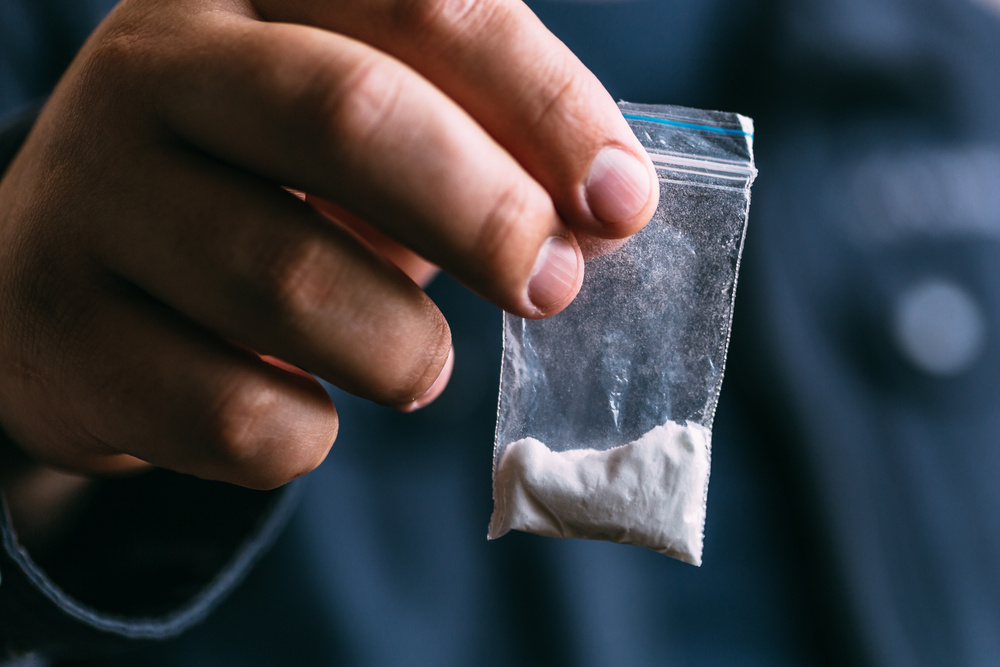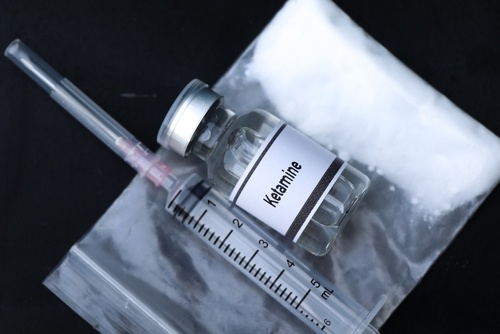After beating Wladimir Klitschko in 2015, British fighter Tyson Fury fell into depression. He was forced to pause his career and unwisely turned to cocaine and alcohol to cope with the condition. Tyson has since turned the page and found better ways to manage his mental health. Researchers are making astonishing discoveries into the benefits of psychedelics and stimulants for depression, and every day, we are forced to rethink what we know. So can you mix ketamine &cocaine for depression? Let’s see what the evidence says.
Ketamine vs Cocaine Impact on the Brain
Ketamine is an FDA-approved anesthetic with psychedelic effects. The use of ketamine in the management of treatment-resistant depression leverages its psychedelic properties—the substance works by impacting the brain’s glutamate system. The Glutamate neurotransmitter is responsible for learning and memory. The effect of Ketamine on Glutamate leads to a ‘brain-resetting” phenomenon known as neuroplasticity.
Cocaine is a stimulant that interacts with the brain’s dopamine system. Dopamine is a neurotransmitter responsible for mood, pleasure, motivation, and learning. Cocaine increases the release of dopamine in the brain, leading to more sensations of pleasure and lighter moods. Cocaine’s pleasure benefits on the brain are short-lived. This traps the user in an addictive cycle of highs and crashes.
If you have depression and take cocaine,’ you’ll probably start to feel good in an instant. That’s because of the increased dopamine in your brain. While cocaine-induced euphoria is beneficial for depression and symptoms such as sadness and helplessness, its benefits are temporary. During the crash, depressive symptoms increase in intensity.
Ketamine and Cocaine for Depression: What the Studies Say
The scientific and clinical interest in using ketamine for depression is backed by evidence. A study in PubMed shows that a 0.5mg/kg dose of ketamine can provide relief from depression for several days. Some of the positive impacts of ketamine in treating depression include:
- Better mood and increased happiness
- Positive thoughts and high self-esteem
- Reduced feelings of guilt and helplessness
- Increased motivation for life
Given ketamine’s extensive benefits, can you mix cocaine and ketamine for even more powerful results? The answer is no. Cocaine has no medical benefits in mental health. What’s clear and can always be expected when you take cocaine is the risk of addiction.
Even though cocaine may temporarily make you feel good and happy, the adverse effects of the withdrawal cancel out these benefits. According to Healthline, the side effects of using cocaine to treat depression include severe symptoms that resemble depression. These are:
- Sadness and headaches
- Lack of motivation
- Lower libido
- Anxiety and helplessness
Ketamine and Coke: How Long Do Benefits Last?
WebMD reveals that the benefits of ketamine for depression can last for a few weeks. This long relapse-time puts ketamine ahead of the curve, given that other antidepressants wear off quickly. As for cocaine, any attempts to use the substance for curing the symptoms of depression will have short-lived results. Expect about 30 minutes of high, then a crash that compels you to want to take another dose immediately. Relapse time is within the hour.
The differences in relapse time between ketamine and cocaine also indicate the likelihood of abuse of these substances. Ketamine has a very low probability of abuse because a single infusion can relieve depression for many days. However, individuals using cocaine to cope with depression always find themselves trapped in a pattern of increasing use—higher and higher doses at high frequencies. This can lead to stroke, seizure, or cardiac arrest.
Cocaine vs Ketamine Legality
Another significant difference between cocaine and ketamine for depression is availability. People struggling with depression can legally access ketamine therapies in licensed clinics throughout the USA. Ketamine is a Schedule III controlled substance, and that means that it has more medical benefits and a lower risk for addiction.
Cocaine therapy for depression cannot be accessed anywhere in the USA. No studies justify the drug’s use as an antidepressant. The government classifies cocaine as a Schedule II substance. It has some anesthetic properties that can be beneficial in healthcare settings, but it also has a high risk for addiction. Mixing cocaine and ketamine for depression is highly discouraged.
Side Effects of Mixing Cocaine and Ketamine
First, let’s explore what to expect when you mix ketamine and coke for depression and, later on, the severe effects. The human brain depends on neurotransmitters for signaling and messaging between brain cells.
When it comes to mood stabilization, glutamate and dopamine impact how you feel, think, and behave. Because both cocaine and ketamine impact these neurotransmitters, combining them is akin to increasing the dosage of each substance.
In a ketamine & cocaine mix for depression, ketamine increases glutamate, leading to sensations of euphoria and dissociation. At the same time, cocaine activates dopamine release, leading to more feelings of euphoria and motivation. But after a short time, neurotransmitter overactivation from ketamine and cocaine can lead to unwanted effects such as anxiety, depression, paranoia, and the risk of psychosis and brain damage.
Tips for Patients
Always work with a certified mental health provider. Not all psychedelics and stimulants are beneficial for relieving the symptoms of depression. An experienced mental health practitioner can help you choose the best therapy backed by clinical evidence and guided by your unique needs. They will help you follow the right dosage.
Ketamine is not a cure-all for depression and mental health conditions. Holistic care practices must combine ketamine and mind and behavioral therapies for the best benefits. Exercise, proper sleep, a balanced diet, and abstinence from drug and alcohol abuse are also critical in overcoming depression.
Ketamine is Effective for Depression, But Cocaine Has no Value in Mental Healthcare
The evidence is clear. Ketamine therapies done in licensed clinical settings can help overcome depression one infusion at a time. Ketamine is generally safer compared to other prescriptions and off-label medications for depression. Cocaine has no medical benefits for mental health and can lead to severe side effects that leave the patients worse off than they were. Cocaine can lead to addiction and death.



